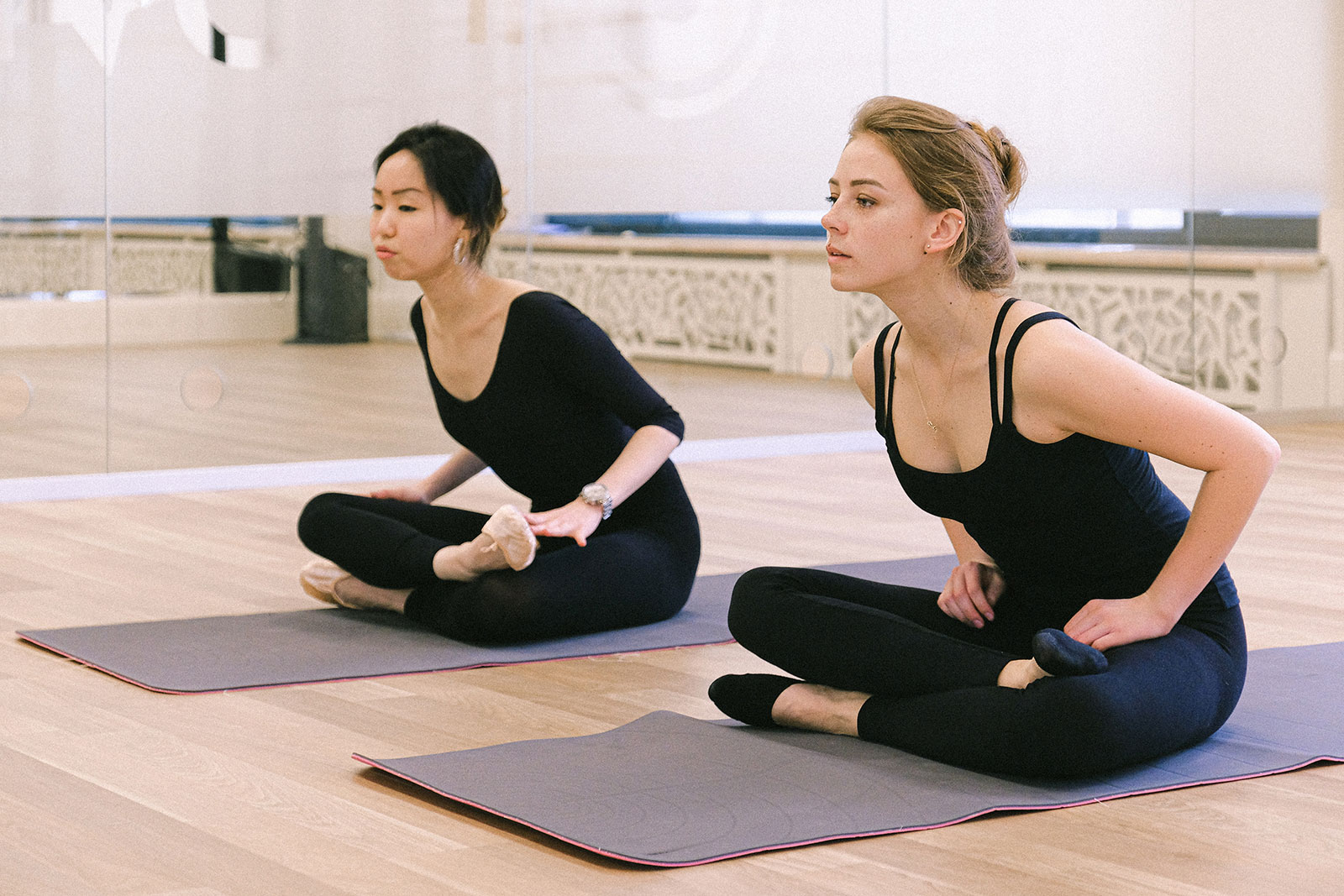When you’re too exhausted from treatment to simply think or move, exercise may sound absurd—counterproductive, even. But Jenny Spencer is out to prove otherwise.
Spencer has been a nurse for more than 10 years, with much of that experience acquired within a variety of oncology spaces. It’s safe to say she’s been around the block when it comes to helping warriors manage their symptoms at all points in the cancer journey.
One particular symptom has always stuck out to Spencer, though—cancer-related fatigue. Exhaustion from cancer or treatment and the loss of physical functioning can decrease a warrior’s quality of life and sense of independence. While other symptoms are more easily managed, relieving fatigue isn’t quite as simple.
“People tell us they’re nauseous or they’re constipated, and we give them medications to help ease that. Or we know that specific regimens can make you more nauseous, so we give you something proactively,” Spencer explains. “And there just wasn’t really anything we were doing to address the fatigue and the loss of physical functioning.”
According to the American Cancer Society, between 80 and 100 percent of warriors report having fatigue, which can result from a myriad of causes: surgery, low blood counts, infections, changing hormone levels or even stress. It differs from the tired feeling of everyday life people may experience before cancer and can last weeks, months or years. For some, it can cause more distress than other symptoms like pain, nausea or depression.
Even for a patient with an incurable disease, there is always hope.
While some medical teams will encourage warriors to be active, there often isn’t a clear-cut plan for safely and effectively formulating a fitness routine. Other warriors may find their exercise and healthy living goals get pushed to the wayside during treatment or not even addressed in the first place.
“It really pulled on my heartstrings knowing that we could be doing more, and we should be doing more,” Spencer says. “We used to tell patients, especially when I first started as an oncology nurse 10 years ago, to just rest, take it easy. And I think a lot of people still believe that’s what they should be doing.”
Every warrior’s case is different and for some, limited activity may make sense during a certain chapter of their journey. But research has shown that in many cases, moderate exercise before, during and after treatment can vastly eliminate fatigue and improve quality of life.
According to a 2015 study in Journal of Physiotherapy, “Supervised physical activity has a favorable effect on cancer-related fatigue when compared with conventional care,” and is effective in the management of cancer-related fatigue for all types of cancer. Exercising under the guidance of a health professional improves adherence and intensity, as well as provides a sense of encouragement and confidence to the warrior.
After reviewing studies that suggested similar results and even conducting her own, Spencer decided to take her involvement to the next level and received personal trainer certification through ACE, a leading nonprofit exercise professional and health coach certification organization. She also received certification as an exercise specialist. In 2019, Spencer established Fight the Fatigue, offering exercise programming to cancer warriors.

After getting in contact with new clients—either through social media or referrals from nurses or social workers—Spencer will talk with the warrior to learn about their medical history, diagnosis, treatment plan and fitness goals. Spencer has been conducting initial consultations virtually since the start of the COVID-19 pandemic. This consultation serves to assess the warrior’s baselines and functional status (such as posture or strength). Spencer will also examine the warrior’s treatment plan and use her oncology nursing background to better accommodate and personalize the sessions.
“It’s really important taking cancer treatment into the planning process. Everyone is different,” says Spencer. “It’s taking that knowledge from what their treatments are, what side effects they may have and then connecting it with what muscle imbalances and functional deviations you saw when they were doing certain movements and putting that all together into what workouts they should be doing.”
Spencer stresses that for most warriors, exercising isn’t going to be about running a marathon or transforming into a bodybuilder. She uses exercise as a tool to improve a warrior’s everyday physical functioning. In this sense, the exercise has not only physical benefits but emotional and cognitive benefits, too.
As Fight the Fatigue continues to grow, Spencer hopes to recruit more oncology nurses to become certified and work with clients, as well as educate both the healthcare professionals and the cancer community about the many benefits of supervised fitness for fatigue.
“There’s this loss of control and independence that happens with [cancer],” says Spencer. “And exercise is such a powerful tool to empower you, to get that control back and feel like, ‘OK, yes, I have cancer, but my body can still function and move. And I can still take care of it and improve my outcomes in the long run.’”
To learn more about Jenny Spencer and Fight the Fatigue, visit fight-the-fatigue.com or @fightthefatiguefitness on Instagram. You can also contact Spencer at jenny@fight-the-fatigue.com.







